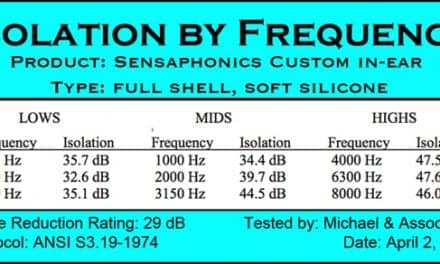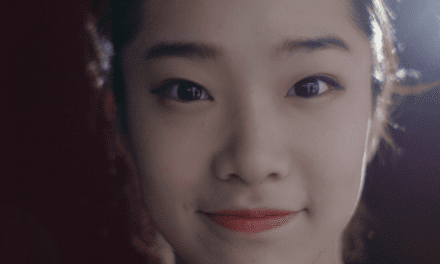
Share This Slideshow: 6 Easy Tips for Protecting Your Hearing This Summer
[metaslider id=31952]
While many noisy recreational activities are part of summer fun, BHI advises that it’s important to take precautions to ensure that these activities don’t harm our hearing. Prolonged exposure to loud outdoor concerts, lawn mowers, power tools, motorized recreational vehicles, target shooting, sporting events, and fireworks can potentially damage our ears. BHI warns that the single bang of a firecracker at close range can cause permanent hearing loss in an instant, making it forever more difficult to hear the quieter sounds of summer.
According to the World Health Organization (WHO), 1.1 billion teenagers and young adults (12 to 35 year olds) are at risk of hearing loss due to exposure to damaging levels of sound at noisy entertainment venues and the unsafe use of personal audio devices.
“Hearing is the sense that connects us to each other,” says William Hal Martin, PhD, professor of otolaryngology, National University of Singapore, program director of Audiology, Center for Hearing, Speech & Balance, and co-director of Dangerous Decibels. “Exposure to high-level sounds can not only destroy our ability to hear, it can cause tinnitus—ringing in the ears. People of all ages are at risk of hearing loss from high level sounds, but it easily can be prevented by simple steps. It is important to recognize when your ears are in danger and to safeguard them so you can enjoy listening to friends, music, and the sounds you love for the rest of your life.”
How Noise Affects Our Hearing
We hear sound when delicate hair cells in our inner ear vibrate, creating nerve signals that the brain understands as sound. But just as we can overload an electrical circuit, we also can overload these vibrating hair cells. Loud noise damages these delicate hair cells, resulting in sensorineural hearing loss and often tinnitus (ringing in the ears). The cells that are the first to be damaged or die are those that vibrate most quickly—those that allow us to hear higher-frequency sounds clearly, like the sounds of birds singing and children speaking.
Sound volume is measured in decibels, with the softest sound a normal hearing human can hear measuring at 0 dBA. Any sounds above 85 dBA for 8 or more hours are considered unsafe. Most firecrackers produce sounds starting at 125 dB peak SPL, presenting the risk of irreversible ear damage.
Repeated exposure to loud noise, over an extended period of time, presents serious risks to hearing health as well. If you have to shout over the noise to be heard by someone within arm’s length, the noise is probably in the dangerous range. Here are the warning signs:
- You have pain in your ears after leaving a noisy area.
- You hear ringing or buzzing (tinnitus) in your ears immediately after exposure to noise.
- You suddenly have difficulty understanding speech after exposure to noise; you can hear people talking but can’t understand them.
For additional tips on hearing conservation during summer activities, see the infographics from Hear the World and the American Speech-Language-Hearing Association (ASHA).
Source: Better Hearing Institute (BHI)
Photo credits: © Stockyimages; © Juan Moyano; © Ronalds Stikans; © Dmytro Kozlov; © Lim Seng Kui; © Ezumeimages; © Alexander Raths; © Rawpixelimages | Dreamstime.com




